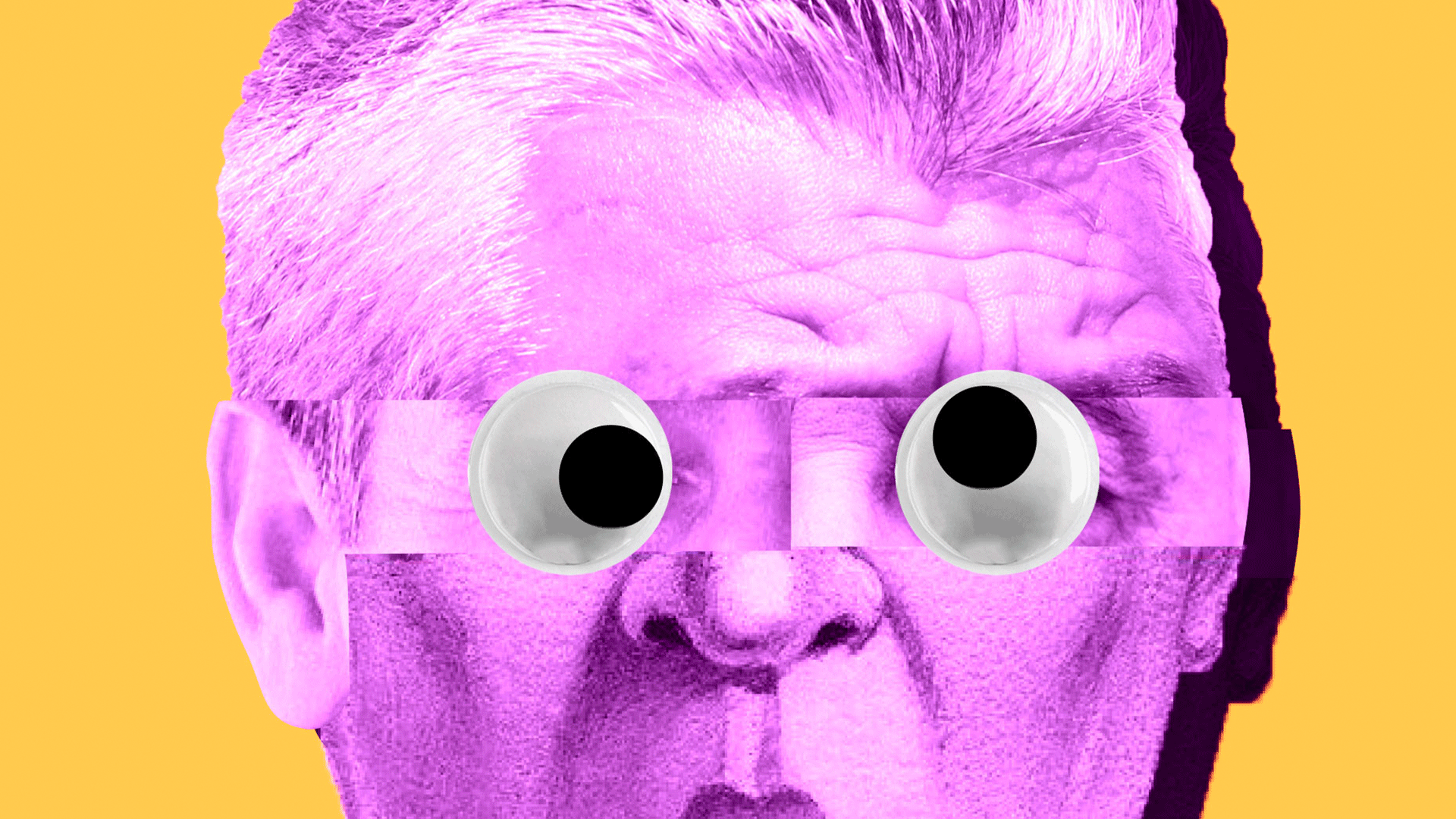
Politics as responsibility
Kosovo politicians must stop gloating and start working.
Our aristocratic politician did not deign to move from his place.

Driton Gashi
Driton Gashi studied linguistics and pedagogy at Bochum University and works as a school lecturer and pedagogical advisor at an adult college in Dortmund, Germany. He completed his postgraduate studies at the University of Hagen and received a Master's in Law and Master's in Mediation. Since 1993 he has worked for dozens of courts and other high state institutions as a sworn translator for German and Albanian.
This story was originally written in Albanian.